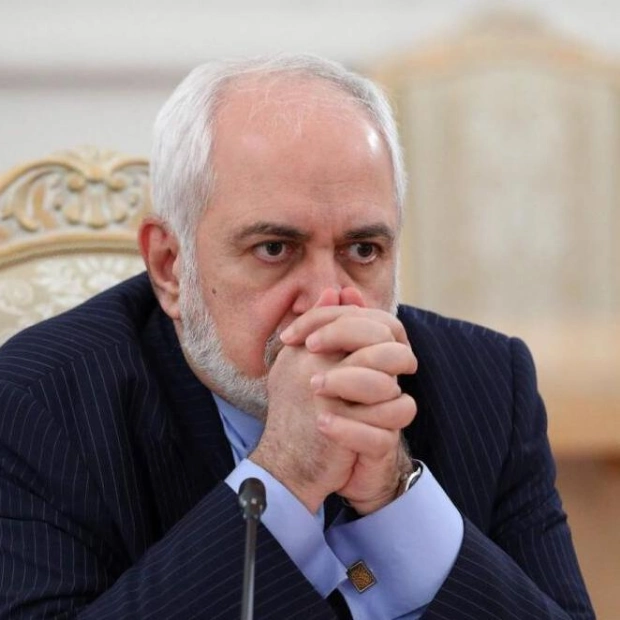For Aisha Kaur, a Singaporean expat residing in Kuwait for the past 27 years, the constant pressure to maintain a positive outlook felt like the only way to handle life's difficulties. Her relentless effort to cultivate and sustain a positive mindset left her feeling drained. "My mindset was focused on avoiding negative emotions and convincing myself that 'everything is fine,' even when it wasn't," Kaur recalled. "I believed I was being strong. I shied away from deeper conversations and vulnerability. I didn't allow myself to process or acknowledge my true feelings. This made me feel disconnected, anxious, and frustrated without understanding why. I wasn't genuinely happy—I was just numb."
It wasn't until she embarked on a journey with Magda Snowden, a mental agility expert based in the UAE for the past six years, that Kaur realized she was practicing toxic positivity. "Toxic positivity dismisses or denies negative emotions, urging individuals to stay positive at all times, which often results in internal conflict," explained the British mental health first aider and leadership and team transformation coach. "It prevents people from addressing the root causes of their challenges and fully processing their emotions."
Ironically, when people deny themselves the ability to feel negative emotions and force positivity, they get trapped in a negative loop. Without addressing the 'elephant in the room,' negativity grows to a point where it becomes impossible to acknowledge, work through, and move past it. "Toxic positivity promotes the idea that if you're not feeling positive, you're doing something wrong. It creates shame around experiencing normal emotions like sadness or frustration," Snowden noted. "Over time, this can negatively impact mental health, leading to burnout, dissatisfaction, and even depression, as people feel compelled to 'fake positivity.'"
Snowden explained how gratitude can help break this toxic cycle by allowing for a more complete emotional experience. It encourages individuals to appreciate the positives while making room for the full range of real emotions. Practicing gratitude requires intentional effort and awareness. It's a powerful emotional tool for creating change, not blind optimism. It works best when applied consistently and paired with action. It helps people appreciate the present while moving forward with purpose. "Gratitude promotes resilience, emotional balance, and long-term well-being. It's healthier because it involves emotional honesty and self-compassion, which are essential for mental agility and overall psychological health," she said.
In her work with Snowden, Kaur learned about mindful gratitude—a practice that has significantly impacted her mental and emotional well-being. Mindful gratitude, as Kaur explained, is about "being present with my emotions whether they made me feel positive or were challenging. I stopped rushing to 'fix' uncomfortable emotions with positivity and instead began to sit with and learn from them." By using a dual gratitude journal, Kaur would write down both what she was grateful for in a moment and a challenge she was facing. This exercise helped her reframe challenges as opportunities for growth without denying the emotional weight they carried.
The impact of this mindset shift is evident in Kaur's sense of self-compassion and resilience. "By practicing mindful gratitude, I've learned to be more accepting of my imperfections and challenges. I focus on what's going well without ignoring the tough moments. This balance has helped me bounce back from setbacks with more clarity and less self-judgment. Resilience isn't about never falling—it's about allowing yourself the space to feel, process, and rise again stronger."
Snowden explained how the balance between gratitude and growth is often misunderstood. "A common misconception about gratitude is that it prevents you from seeing areas that need improvement or stops you from striving for more—if you're grateful for what you have, you'll become complacent. But studies show that being grateful doesn't mean settling. It creates a foundation of positivity that empowers individuals to take action from a place of appreciation rather than lack."
In the workplace, Snowden, who has worked with clients across various sectors, said, "When leaders encourage a culture of gratitude, it fosters psychological safety and creates a supportive environment. Avoid the trap of toxic positivity by acknowledging that challenges exist while using gratitude to help teams navigate them." Kaur's newfound approach to gratitude also had a ripple effect on her professional relationships as the head of marketing and sales in the healthcare industry. "I find myself more present and empathetic in my interactions. I acknowledge both the highs and the lows, which has strengthened my relationships and created a culture of trust with my colleagues. Gratitude has helped me lead with more authenticity."
Snowden echoes this sentiment, emphasizing that gratitude, when practiced mindfully, is transformative. "It builds resilience, reduces stress, and fosters a growth-oriented mindset. The key is consistency—making gratitude an unconscious habit."
If you're looking to practice gratitude mindfully, here are some easy starting points to help get you started:
Acknowledge All Emotions: Instead of dismissing negative feelings, allow yourself to experience and process them. This creates emotional resilience and leads to more genuine gratitude.
Practice Non-Judgment: Accept emotions without labeling them as 'good' or 'bad'. By doing so, you open yourself up to learning from your experiences, rather than resisting them.
Cultivate Present Awareness: Mindful gratitude emphasizes being fully present. Rather than forcing yourself to be grateful for everything, focus on small, meaningful aspects of life you genuinely appreciate.
Reframe, Don't Deny: Rather than denying difficulties, reframe them by finding ways they help you grow or offer new perspectives. This helps you appreciate challenges as learning opportunities without bypassing the struggle.
Gratitude as a Practice, Not Obligation: Instead of feeling pressured to always be grateful, approach gratitude as an intentional practice. This allows you to express appreciation authentically rather than out of a sense of duty.






